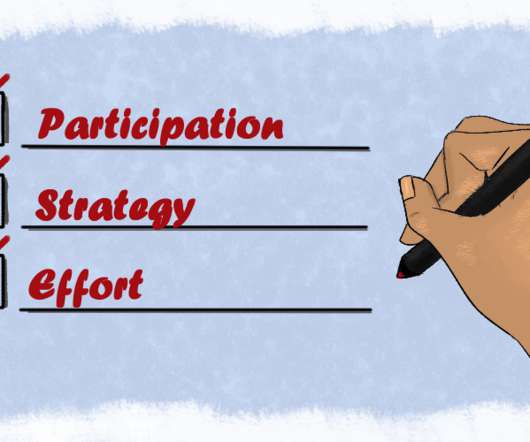Why Movement Is the Killer Learning App for Nonprofits
Beth's Blog: How Nonprofits Can Use Social Media
FEBRUARY 11, 2014
As a trainer and facilitator who works with nonprofit organizations and staffers, you have to be obsessed with learning theory to design and deliver effective instruction, have productive meetings, or embark on your own self-directed learning path. Internal: These theories take into account our minds and bodies.













Let's personalize your content